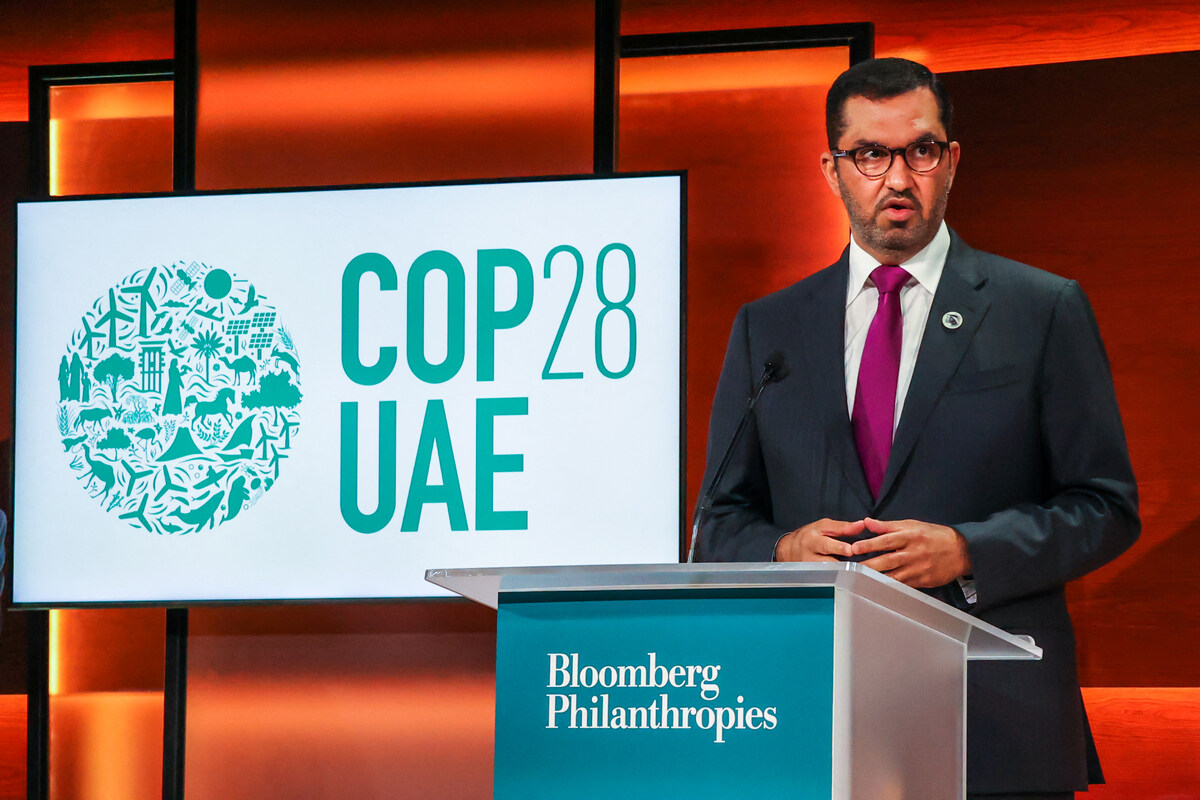Bangkok, Thailand – A “cooling pledge” to be unveiled at next month’s COP28 climate summit will commit countries to slash cooling-related emissions 68 percent by 2050, according to a draft text seen by AFP on Friday.
But it remains unclear which countries will sign up to the pledge, and whether heavyweights such as China and India, where demand for air conditioning is growing fast, will participate.
Cooling methods currently account for over seven percent of global greenhouse gas emissions, according to the United Nations.
They contribute to emissions because of the electricity needed to power tech such as ACs and fans, and because air conditioning and refrigeration generally rely on hydrofluorocarbons.
These are short-lived but powerful pollutants that can have exponentially greater global warming effects than carbon dioxide.
The UN has said there are already an estimated 3.6 billion cooling appliances being used globally, but that figure is expected to soar, with global energy demand for cooling tripling by 2050.
“Without policy intervention, direct and indirect emissions from air conditioning and refrigeration are projected to rise 90 percent above 2017 levels by the year 2050,” a UN report warned in 2020.
The Global Cooling Pledge commits signatories to work on “reducing cooling-related emissions across all sectors by at least 68 percent globally relative to 2022 levels by 2050”.
It acknowledges the rising numbers of heat-related deaths globally, and that nearly three billion people currently have inefficient cooling options.
But it suggests access to cooling can be expanded while reducing the sector’s emissions through tools including more efficient air conditioners, buildings that use passive cooling, and a reduction in the most potent hydrofluorocarbons.
“Coordinated international action on sustainable cooling” can save the emission of 78 billion tons of carbon dioxide equivalent — a measure of greenhouse house emissions — by 2050, the pledge said.
Global negotiators meet in Dubai from November 30 for crunch climate talks expected to focus on the future of fossil fuels, a call for ramping up renewable energy use and wrangling over financing for adaption and transition in the developing world.
COP hosts UAE are expected to announce a string of initiatives such as the cooling pledge on the sidelines of the main negotiations.








